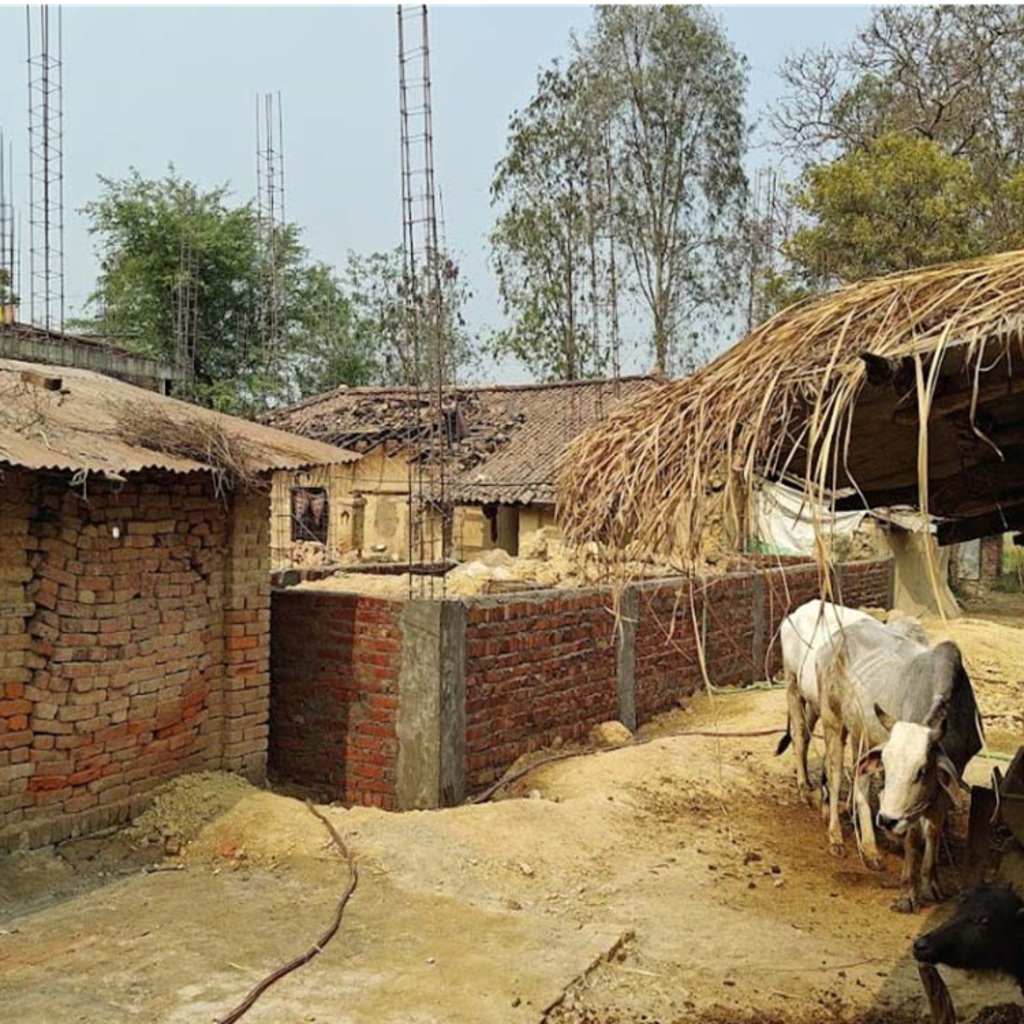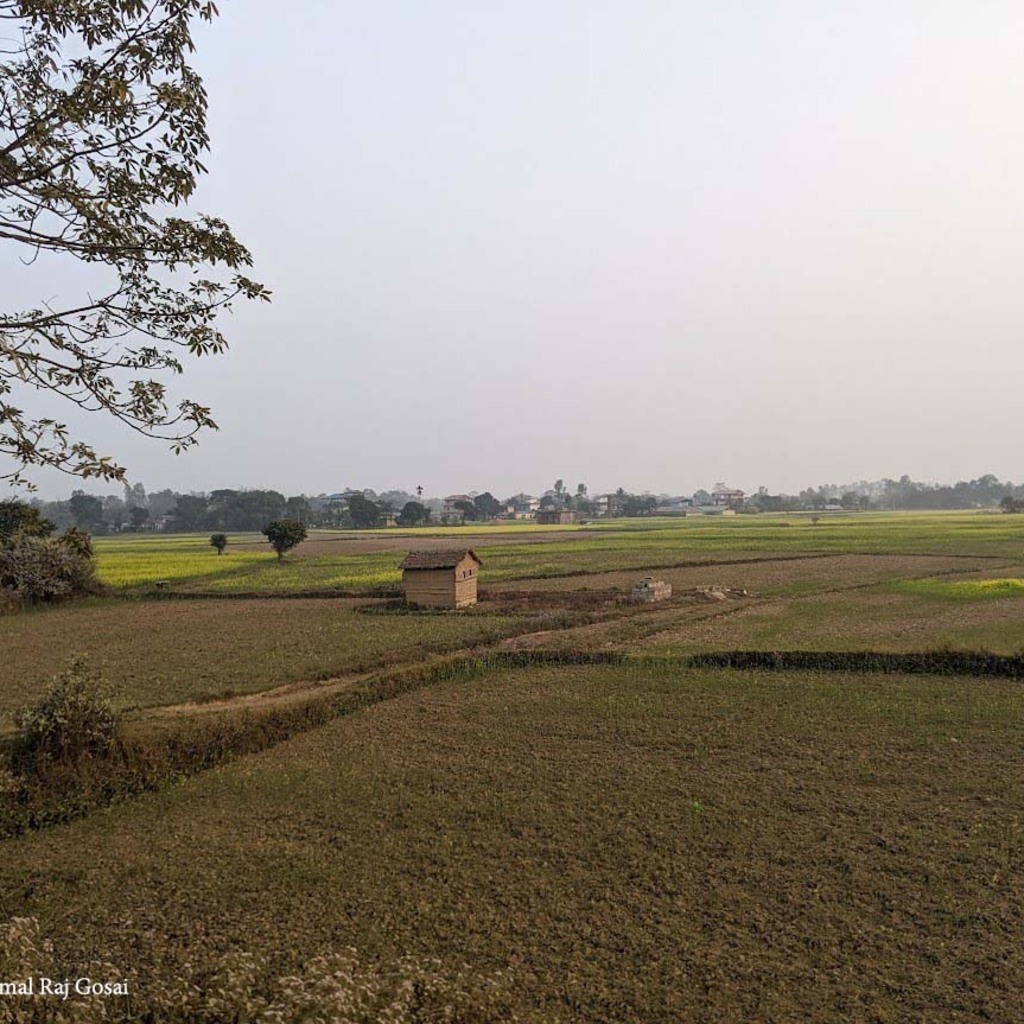Nepal One Health Institute (NOHI) is a not-for-profit non-governmental organization dedicated to advancing the principles of One Health – an integrated, multidisciplinary approach that recognizes the interconnectedness of human, animal, and environmental health.
One Health is a collaborative strategy that recognizes the interconnectedness of human, animal, and environmental health. The basis of this approach is that human health and Animal Health are interdependent and bound to the health of the ecosystem in which they coexist. So, It aims to optimize health outcomes by integrating efforts across various sectors to prevent and respond to health threats, particularly those that can be transmitted between animals and humans in an environment. The One health approach has become widely recognized as a crucial paradigm for tackling complicated health issues in 21st century due to the rising incidence of emerging and re-emerging zoonotic diseases, Antimicrobial Resistance (AMR) and environmental degradation
Approximately 75% of emerging infectious diseases in humans originate from animals, including diseases such as rabies, avian influenza, and COVID-19. These zoonotic diseases highlight the critical need for multidisciplinary efforts in surveillance, prevention, and control to mitigate health risks at their source. Furthermore, factors such as urbanization, deforestation, and climate change exacerbate the risk of zoonotic spillover, making a holistic approach to health even more vital.
One Health also addresses the growing threat of AMR, a phenomenon where bacteria, viruses, and parasites develop resistance to antimicrobial drugs, rendering treatments ineffective. The overuse and misuse of antibiotics in human medicine, animal husbandry, and agriculture have contributed to the rapid spread of resistant pathogens. By adopting a One Health approach, stakeholders from human health, veterinary medicine, and environmental sciences can collaborate to implement policies that promote prudent antimicrobial use and reduce the spread of AMR.
In addition to zoonotic diseases and AMR, the One Health framework tackles issues such as food security, food safety, and environmental contamination. For example, ensuring the safety of food systems requires coordinated efforts to prevent contamination during production, processing, and distribution. Similarly, addressing waterborne diseases and chemical pollutants demands a multidisciplinary approach that integrates public health, ecology, and environmental engineering.
The approach brings together professionals from diverse fields, including veterinarians, physicians, ecologists, epidemiologists, microbiologists, policymakers, and community leaders. By fostering partnerships across sectors, One Health enables the sharing of knowledge, resources, and expertise to address health threats more effectively. For instance, integrated disease surveillance systems that involve both human and animal health sectors can detect outbreaks early and improve response times.

Humans, animals, environment are connected

Prevents future pandemics through collaboration

Fights antimicrobial resistance with unity

Improves food safety and security

Protects biodiversity and natural habitats

Enhances global disease surveillance systems

Supports sustainable development and health

Promotes cross-sectoral research and innovation

Reduces zoonotic disease transmission risk

Strengthens community health and resilience

Advances climate change health responses

Saves lives across all species
Contact us for more information
+977 9860675255
Support a Healthier Future for All
At the One Health Institute, we work at the intersection of human, animal, and environmental health to create sustainable solutions for a better world. Your donation helps fund critical research, community outreach, and conservation efforts that protect lives—human and animal alike.
Every contribution counts. Join us in making a difference.
Donated

News Link

News Link

News Link

News Link

News Link

News Link

News Link

News Link
Many more news stories and articles highlighting
how One Health has made a difference have already been published,
with more on the way.